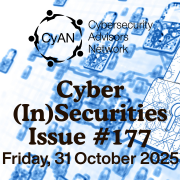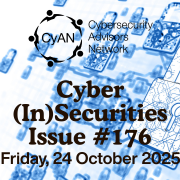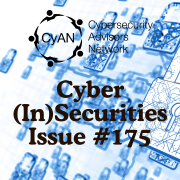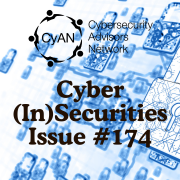From High Hopes to Hard Truths: The New Reality of Building a Career in Tech by Isobel McCaffery
Everyone loves a story of humble beginnings and extraordinary success. In tech, these tales often feature young innovators turning simple ideas into global empires – Apple, Google, Amazon, Microsoft. Their journeys began with code, grit, and vision. But somewhere along the way, “learning to code” …









